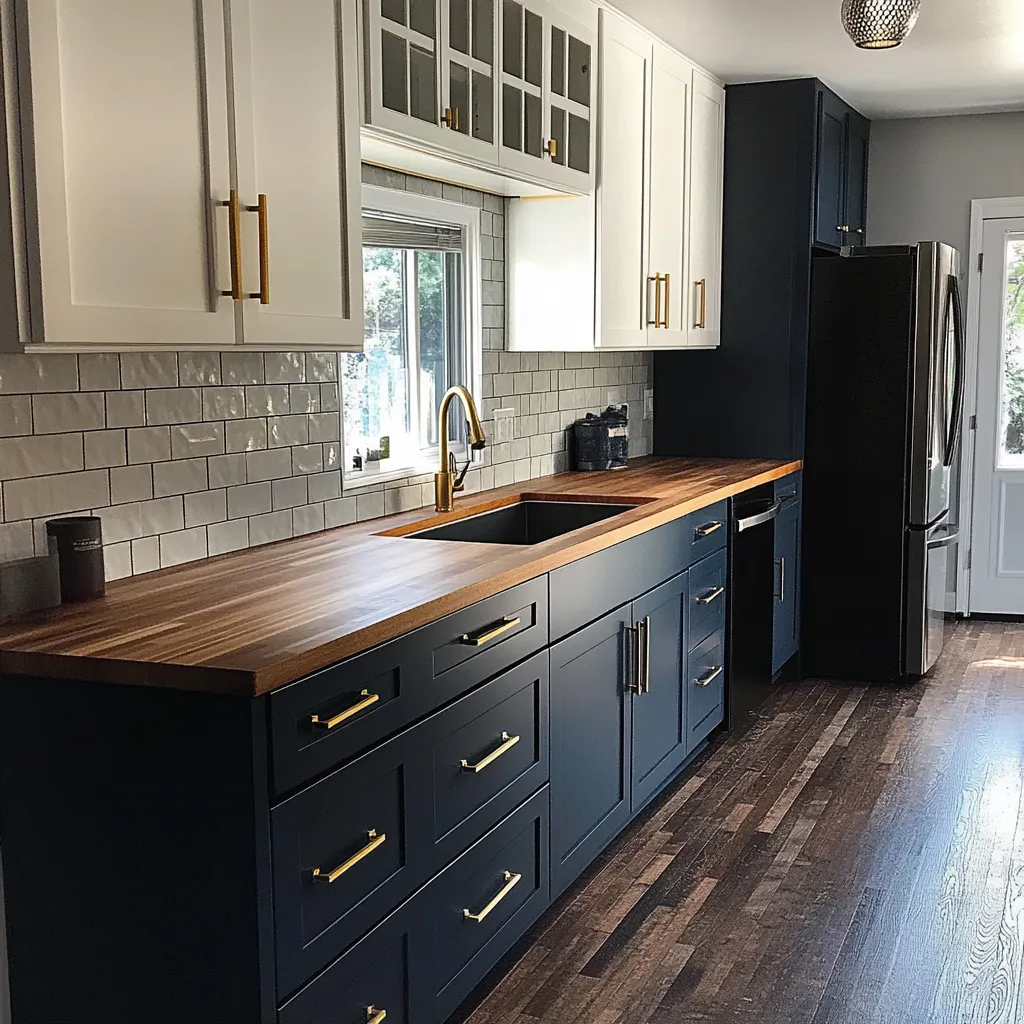Why Hiring the Right Contractor for Kitchen Remodel is Essential for Your Dream Kitchen
A kitchen remodel is one of the most impactful home improvement projects you can undertake. It not only enhances your daily living experience but also boosts your home's value. However, the difference between a dream kitchen and a renovation nightmare often comes down to one critical decision: hiring the right contractor for kitchen remodel.
The Importance of Hiring a Contractor for Kitchen Remodel
Kitchen remodeling involves complex tasks such as plumbing, electrical work, cabinetry installation, and flooring. While DIY projects can be tempting, the expertise of a professional contractor for kitchen remodel ensures:
- Compliance with Building Codes: Contractors understand local regulations and secure necessary permits, avoiding costly fines or rework.
- Quality Craftsmanship: Experienced contractors deliver precision in tasks like countertop installation or custom cabinetry, which require specialized skills.
- Time and Cost Efficiency: Professionals avoid mistakes that lead to delays or budget overruns. They also have trade discounts on materials.
- Stress Reduction: Managing subcontractors (plumbers, electricians) and timelines is handled by your contractor, freeing you to focus on design choices.
How to Choose the Best Contractor for Kitchen Remodel
Not all contractors are created equal. Follow these steps to find a reliable partner:
Verify Credentials and Experience
- Licensing and Insurance: Ensure your contractor holds a valid license and carries liability/workers' compensation insurance.
- Portfolio and References: Review past kitchen projects and contact former clients to gauge satisfaction.
- Specialization: Opt for contractors who specialize in kitchens rather than general handymen. They'll understand nuances like workflow optimization and appliance placement.
Get Multiple Bids
Collect detailed quotes from 3–5 contractors. Compare:
- Cost Breakdown: Materials, labor, permits, and contingency fees.
- Timeline: How long will the project take? Delays can disrupt daily life.
- Warranty: A reputable contractor offers warranties on workmanship.
Avoid unusually low bids—they may cut corners or use subpar materials.
Communicate Your Vision Clearly
Share inspiration photos, a budget range, and must-have features (e.g., an island, smart appliances). A good contractor for kitchen remodel will provide feedback on feasibility and suggest cost-effective alternatives.
Check Online Reviews and BBB Ratings
Websites like Google, Yelp, and the Better Business Bureau (BBB) reveal patterns in customer experiences. Look for consistent praise about professionalism, communication, and problem-solving.
Key Questions to Ask Your Contractor
- Who Will Be On-Site Daily? Ensure a project manager or foreman oversees the crew.
- How Do You Handle Unexpected Issues? Renovations often uncover hidden problems (e.g., mold, outdated wiring). Ask about their process for addressing surprises.
- What's the Payment Schedule? Avoid contractors who demand full payment upfront. A standard schedule is 10% deposit, with incremental payments tied to project milestones.
- Can You Provide a Written Contract? The contract should outline scope, timeline, costs, and termination clauses.
Red Flags to Watch For
Steer clear of contractors who:
- Don't Offer Contracts: Verbal agreements are risky.
- Pressure You to Decide Quickly: Reputable contractors don't use high-pressure sales tactics.
- Have Poor Communication: Delayed responses or vague answers signal future headaches.
- Request Cash-Only Payments: This could indicate tax evasion or lack of legitimacy.
The Kitchen Remodel Process: What to Expect
Once you've hired a contractor for kitchen remodel, here's a general timeline:
- Design Phase (1–4 weeks): Collaborate on layout, materials, and finishes. Contractors may use 3D software to visualize the space.
- Demolition (1–3 days): Removal of old cabinets, appliances, and flooring.
- Structural Work (1–2 weeks): Plumbing, electrical, and HVAC updates; drywall installation.
- Installation (2–4 weeks): Cabinets, countertops, backsplash, lighting, and flooring.
- Finishing Touches (1 week): Painting, hardware installation, and appliance setup.
Expect some disruption, but a professional contractor will minimize chaos by sealing off work areas and maintaining cleanliness.
Maximizing ROI with a Kitchen Remodel Contractor
A well-executed kitchen remodel offers a 60–80% return on investment (ROI). To maximize value:
- Focus on High-Impact Upgrades: Quartz countertops, soft-close cabinets, and energy-efficient appliances appeal to buyers.
- Avoid Over-Personalization: Stick to neutral colors and timeless designs.
- Balance Budget Allocation: Splurge on durable countertops but save with mid-range fixtures.
Your contractor can advise on which upgrades deliver the best ROI for your market.
Conclusion: Your Kitchen Deserves a Pro
Hiring the right contractor for kitchen remodel is an investment in your home's functionality, aesthetics, and resale potential. By vetting candidates thoroughly, asking the right questions, and fostering clear communication, you'll transform your kitchen into a space that blends beauty and practicality.
Ready to start your remodel? Begin your search today—and watch as your dream kitchen comes to life, one professional step at a time.
